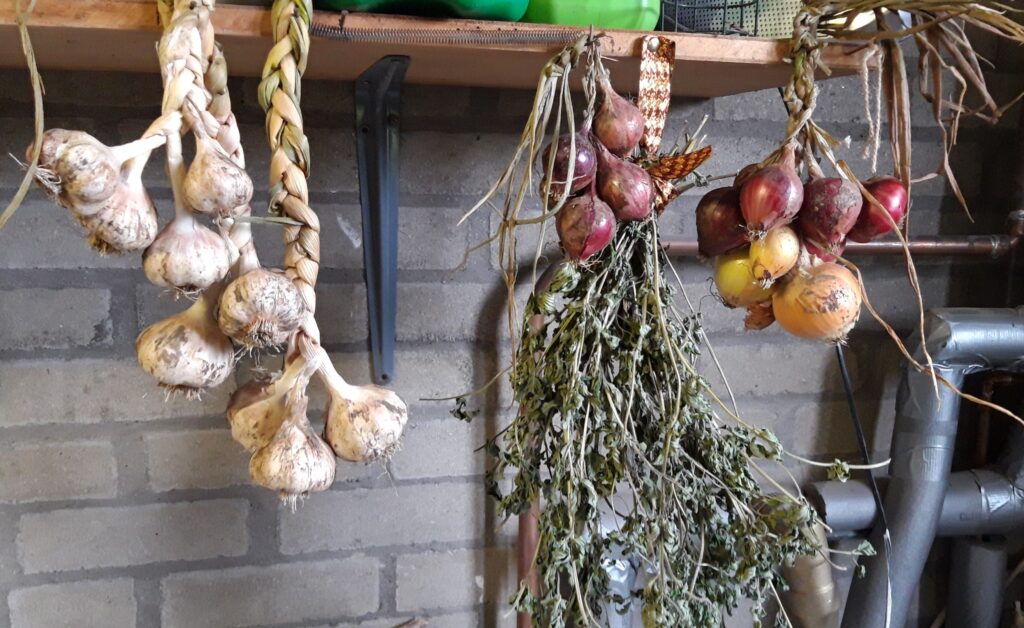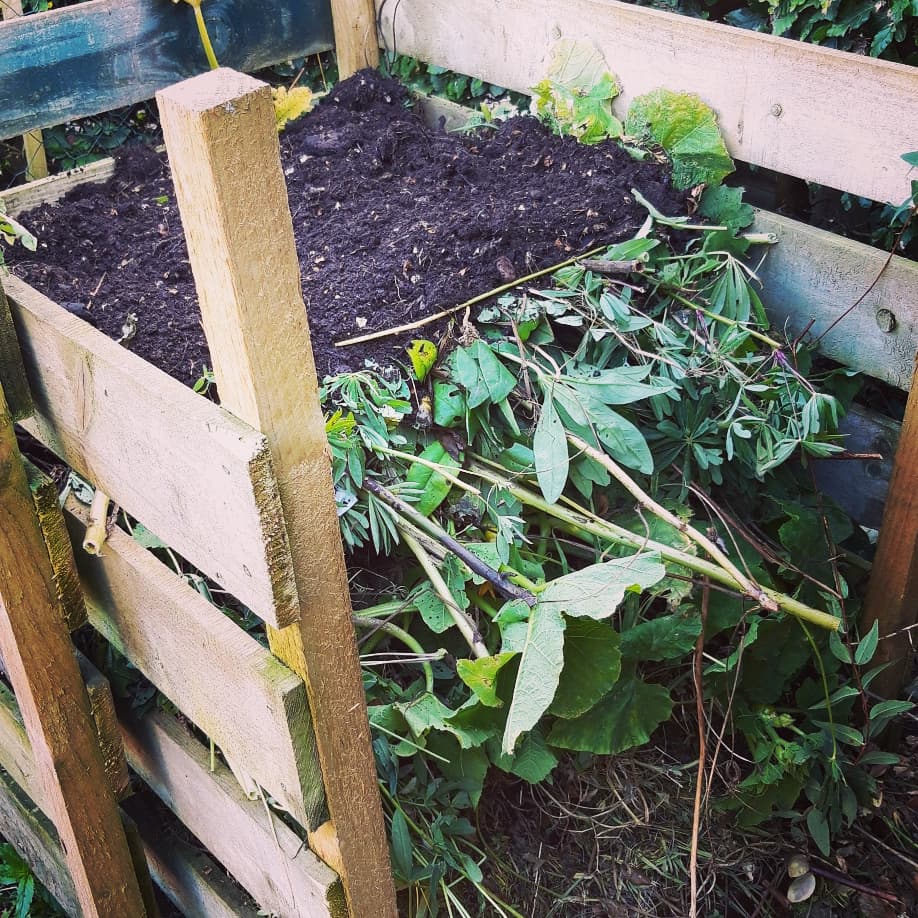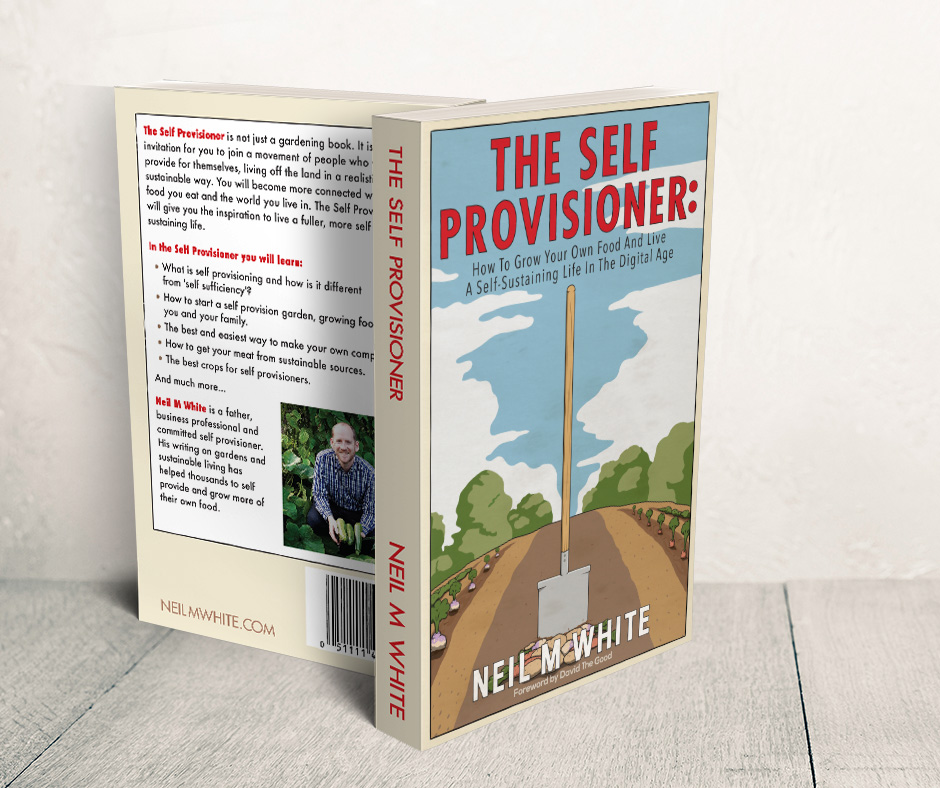Gardening Jobs to Focus on (For When the Clocks Change)
It’s that time of year again. The clocks changed a while ago and now the days are short and the nights are longer and more drawn out than the last film in the Hobbit trilogy. But that doesn’t mean you can’t be getting jobs done in the garden. In fact, autumn and early winter are great times to focus on seasonal jobs or projects you’ve been putting off for a rainy day. With that in mind, here are my top jobs for when the clocks change.

1. Get Manuring!
Winter is the perfect time to get some dung down. If you spread animal manures over your beds at this time of year, they have plenty of time to break down and be eaten by all the bugs in your soil which means better soil nutrients for the spring. You can buy bagged manure from the garden centre or you might be able to befriend someone with a horse that has a fresh supply. Just remember that fresh manure is too ‘hot’ for putting straight around plants – put it in your compost heap if you’re worried about how fresh it is.
Spread a thin layer – no more than an inch – over the beds that need it and let nature and the elements do their thing. By spring, you can dig it in and plant as normal.
2. Start a New Compost Heap
I have two compost heaps that run concurrently all year round. I spend a year filling one while the other gets used up (and continues to decompose). Winter is a great time to finish one heap and start a new one. Why? Think about this – you’ve just cut back all your perennials, tidied up dead plants and grass clippings but your garden isn’t going to produce much compostable material for a few months.
So cover over that heap and start a new one with kitchen scraps and anything else you fancy. Come the spring, your first heap will be ready to be used and your second will have a good base to become next years wonder heap.

3. Make Some Lovely Leaf Mould
I used to hate picking up leaves. All that work just to go in the ‘brown bin’. You finish it one day and by the end of the next you need to be out raking, and picking up again. But if you sent your leaves off to the tip, you’re missing a trick. Leaf mould (woody compost made just from leaves) is like a steak dinner for your soil – adding structure, helpful bugs and fungi.
The easiest way to make leaf mould is by putting it into opaque bags (an old compost or grow bag is perfect). Poke a few holes in, tie and forget about it for 1-2 years. When you come back to it, you’ll have something your soil will love.
You can also make a simple leaf mould composter out of a cylinder of chicken wire or other netting. Pin it to the ground with a couple of wooden stakes and fill with leaves and ‘leaf’ for 12-18 months to decompose.
4. Plant Overwintering Vegetables
This time of year can be depressing for vegetable gardening. Most of your crops are over and next year seems like a long way off. Want to know how I get over that? By planting onions and garlic.
The great thing about these two is that they actually need the cold months we have in Scotland to grow and reproduce. Just make sure you choose hardy varieties that don’t mind getting a bit wet and cold – many of the European varieties of garlic just won’t cut through a Scottish winter – ‘over winter’ in North London means something completely different to December in North Kessock.
If you enjoyed this article, you’ll love my book: The Self Provisioner. It’s available right not on Amazon and loads of other places. Get it here.

